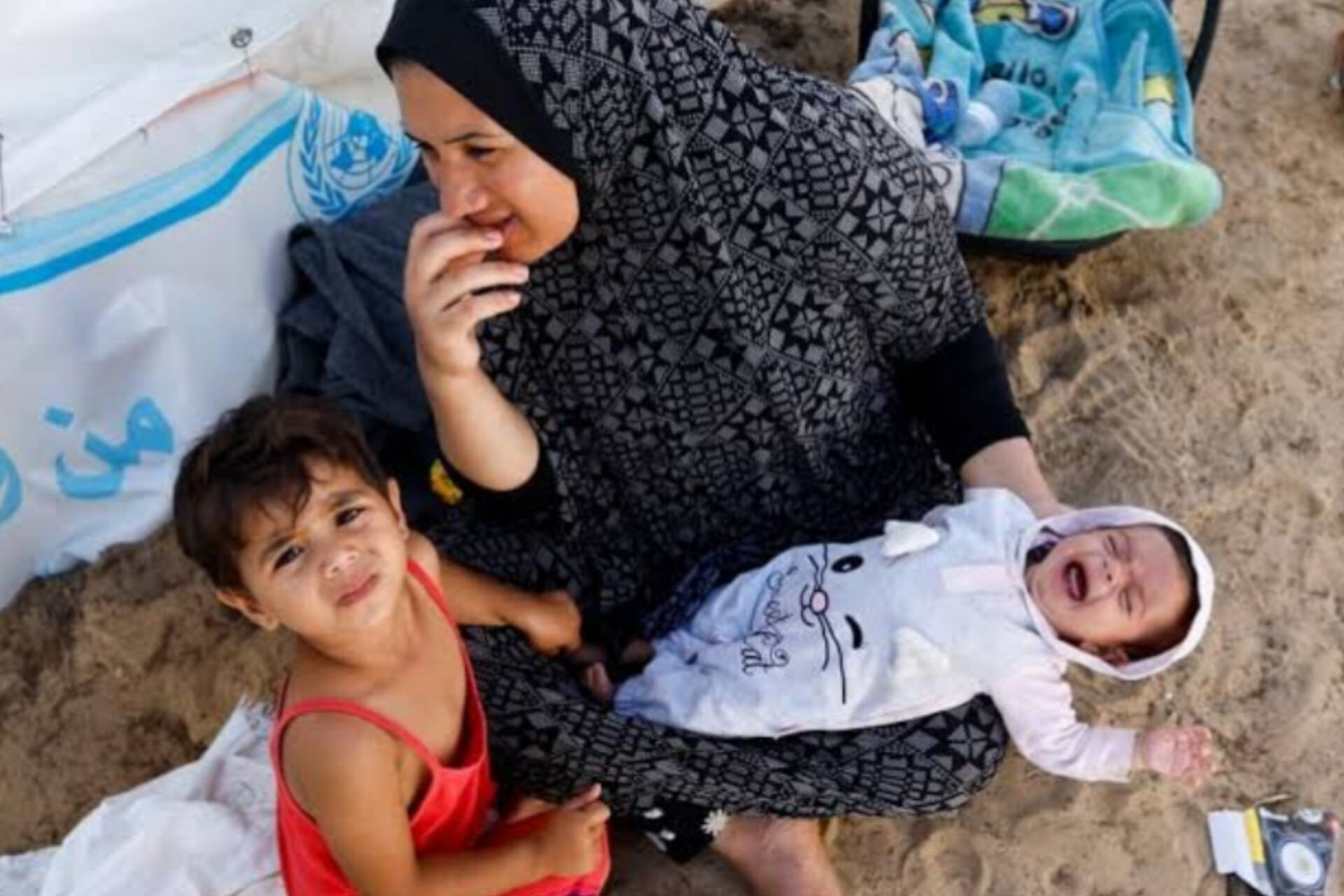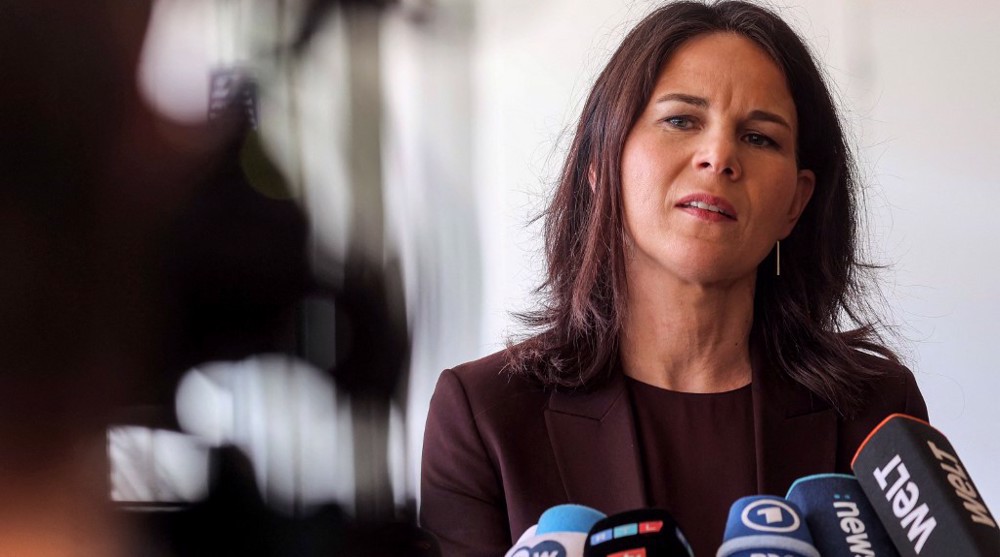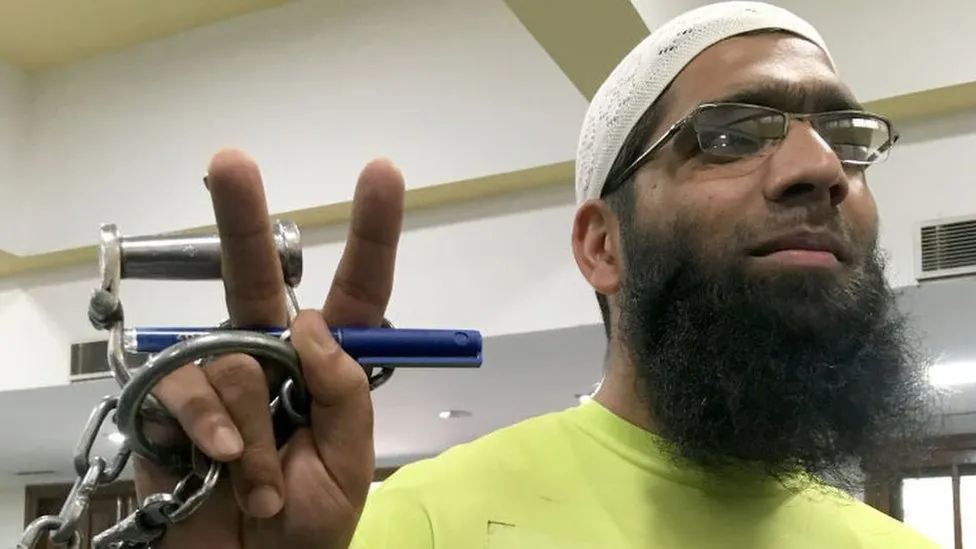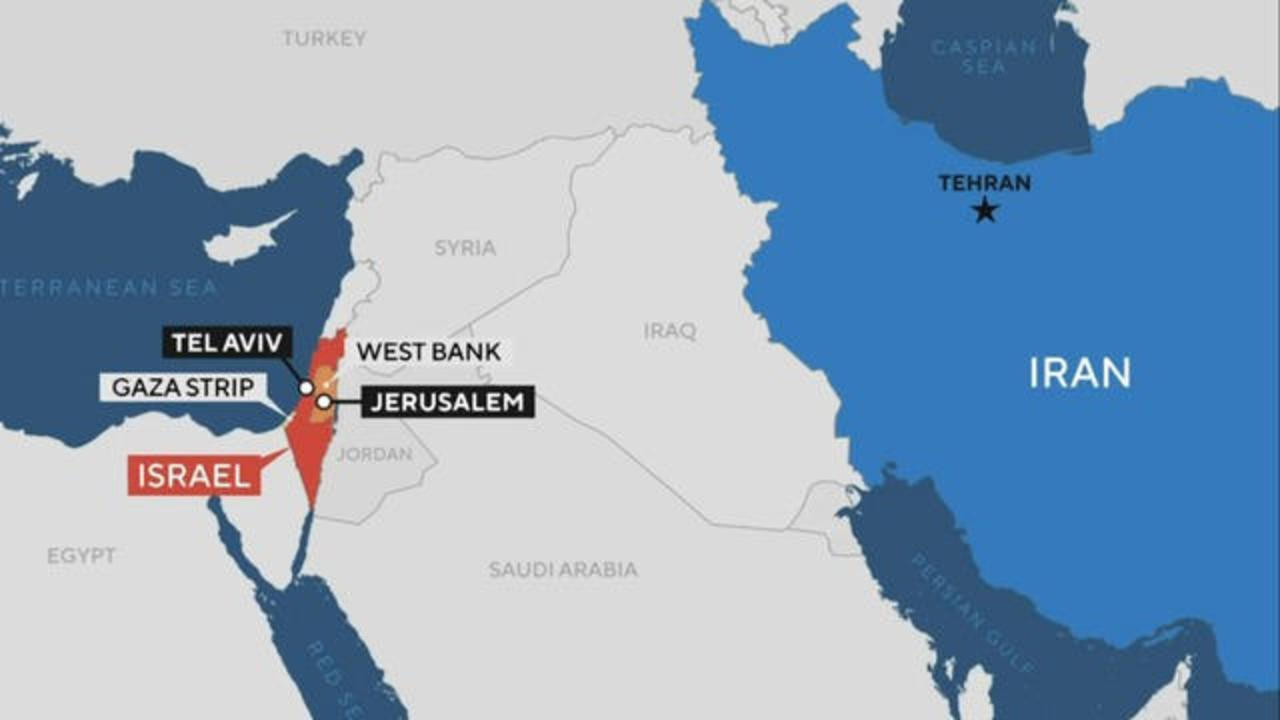The never-ending attack of Isreal in Gaza has undermined global efforts to eradicate polio, as the first case of the disease has resurfaced in the region after 25 years.
The war, which claimed thousands of lives, showed no signs of stopping despite international efforts, but it came to a pause owing to a 10-month-old baby, following the discovery of a polio case in him.
The infant has led to a three-day halt in hostilities between Israel and Hamas, starting today. Since the onset of Israeli aggression on October 7 last year as a retaliation to the Hamas attack, over 40,000 Palestinians have lost their lives, including a significant number of women and children. Despite numerous attempts, previous efforts to broker a ceasefire had failed.
However, the recent confirmation of polio in a 10-month-old child, the first such case in Gaza in 25 years, has prompted urgent action. The child tested positive for polio in six out of seven tests conducted at a Gaza hospital.
In response, the World Health Organization (WHO) has announced a polio vaccination campaign in Gaza. Israel has agreed to a temporary ceasefire to facilitate this three-day vaccination drive. During this period, children up to the age of 10 across Gaza will receive polio drops.
According to international media reports, including AP, the WHO stated that Israel has approved a three-day ceasefire to allow for the vaccination of children against polio. Dr Rik Peeperkorn, a senior WHO official, mentioned that the campaign aims to vaccinate approximately 640,000 children in Gaza, starting Sunday.
The campaign will be conducted in three phases: the first in central Gaza, the second in the south, and the third in the north. During each phase, the ceasefire will be maintained from 6 AM to 5 PM local time.
In a statement from Israeli Prime Minister Benjamin Netanyahu’s office, it was emphasised that “Israel will allow humanitarian corridors only on humanitarian grounds” and “safe zones will be established for a few hours to facilitate the vaccination process.”
This temporary ceasefire marks a significant humanitarian effort amidst ongoing conflict, highlighting the critical need for health interventions even in times of war.



